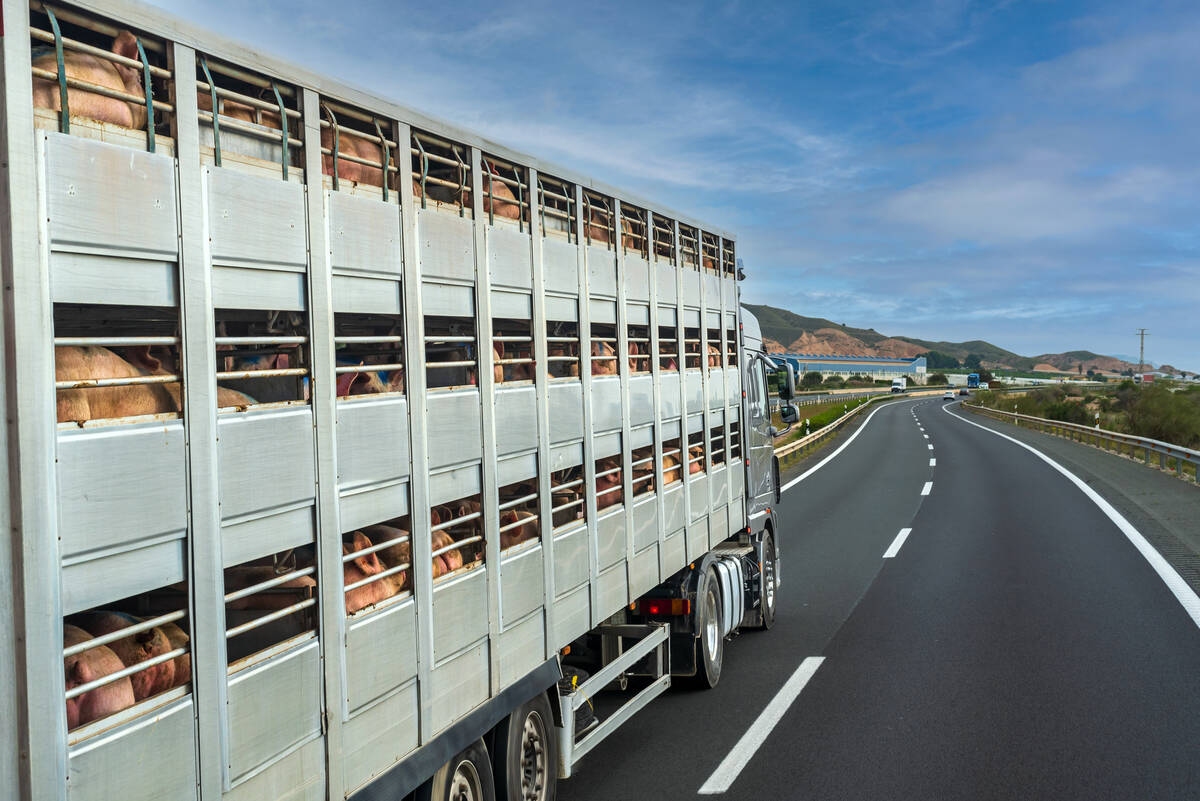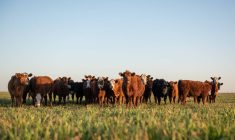washington / reuters / U.S. consumers may try to save money by eating less meat if they continue to feel the pinch of high gasoline prices, the chief executive of Tyson Foods said Feb. 24.
“People want meat… but it’s getting pretty expensive,” CEO Donnie Smith told reporters at an agricultural conference in Washington, D.C. “We’re concerned that there are going to be thresholds, depending on disposable income, where that demand kind of tops out.”
Rising fuel prices are the latest concern for consumers, who have already been facing high prices for beef due to a drought that reduced cattle herds in the southern U.S. Plains last year. High prices for corn, used to feed livestock, helped drive up beef prices.
Read Also

Pig transport stress costs pork sector
Popular livestock trailer designs also increase pig stress during transportation, hitting at meat quality, animal welfare and farm profit, Agriculture and Agri-Food Canada researcher says
The result is that backyard cookouts this year could be subdued. Retail prices for beef in January set a record high for the fifth straight month.
Smith, speaking at the U.S. Department of Agriculture’s Agricultural Outlook Forum, noted consumer spending seems to suffer when the national average price for gas is above $3.50 or $3.75 a gallon. He predicted that per capita consumption of beef will continue to weaken for the next two years because of high costs.
Cattle ranchers in Texas, the epicentre of the drought, confirmed high gas prices will likely reduce demand for beef.
“If we start taxing consumers with motor fuel prices again, we’ll probably take the edge off our summer vacation season and certainly (that will) be damaging to retail meat demand,” said Don Close, marketing director for the Texas Cattle Feeders Association.
Consumers also could back away from chicken.
Tyson is buying raw chicken from producers every week, instead of stocking up on supplies, because of uncertainty about the strength of demand, Smith said. He said the company will watch sales through the early part of the summer grilling season to see whether demand is disappointing.
The USDA predicted Feb. 24 domestic per capita consumption of red meat and poultry for 2012 would decline by more than six pounds, or about three per cent, to just over 198 pounds retail weight.


















